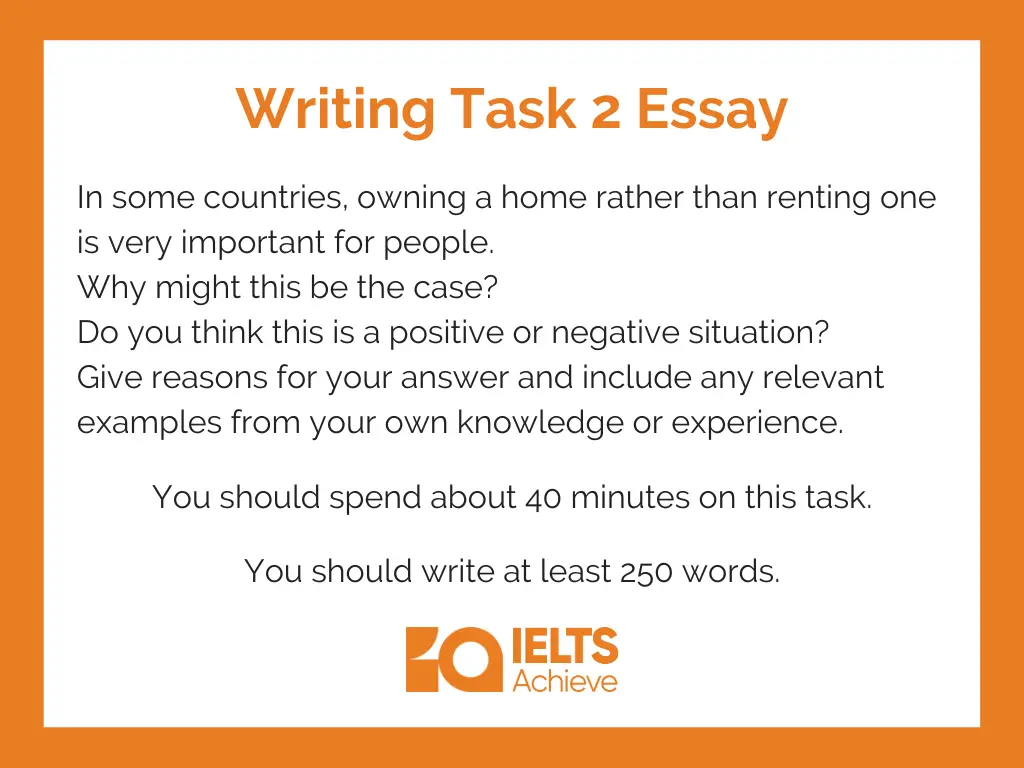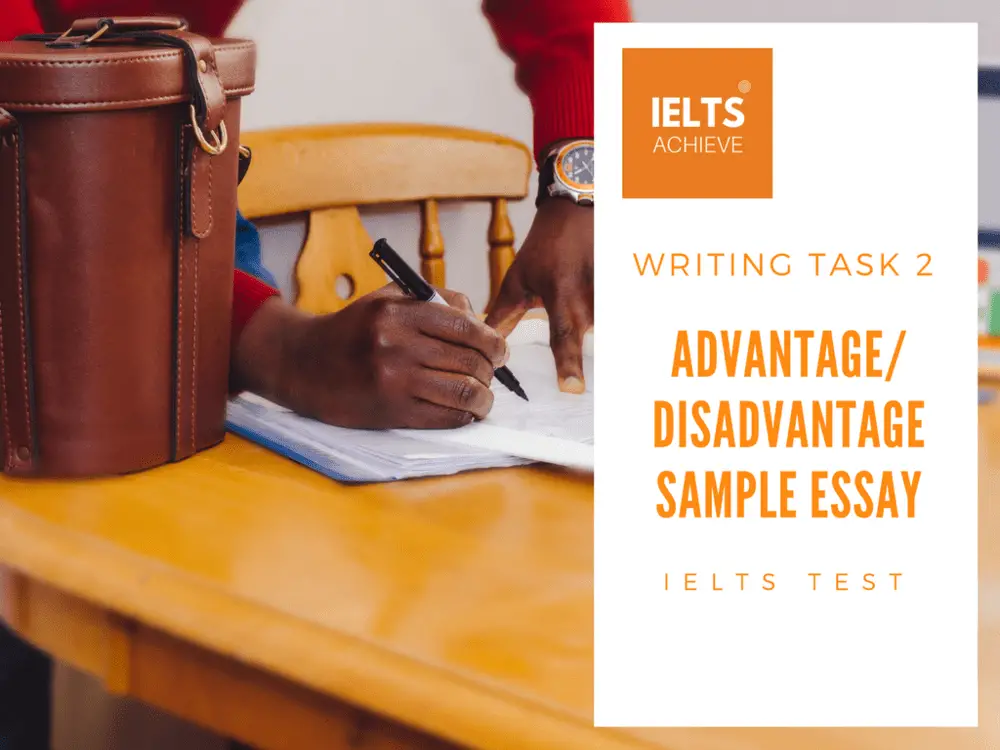
You should spend about 40 minutes on this task.
Write about the following topic:
In some countries, owning a home rather than renting one is very important for people.
Why might this be the case?
Do you think this is a positive or negative situation?
Give reasons for your answer and include any relevant examples from your own knowledge or experience.
Write at least 250 words
The Essay
Type: Discussion Essay: Positive and Negative Essay
The significance of homeownership in certain countries has soared exponentially over the years. This trend is often tied to a myriad of socioeconomic factors, and while it can yield positive effects, it also carries a few negative implications.
The pursuit of homeownership is often attributed to both emotional and financial motivations. The cultural emphasis on home ownership as a symbol of success and stability is one such emotional motivation. It is ingrained in some societies that owning a property signifies financial stability and a sound investment for the future, and therefore becomes a rite of passage towards adulthood. Additionally, homeownership, for many, is an avenue towards personal freedom, granting the owner control over the property without landlord restrictions.
However, this drive towards homeownership also harbors several downsides. In economies where home prices outpace income growth, people may find themselves under financial strain to meet mortgage repayments. This could lead to an unsustainable cycle of debt and, in worst-case scenarios, foreclosures. Additionally, the obsession with homeownership may stifle mobility, as homeowners might be less willing to relocate for job opportunities.
In my view, while the sentiment behind homeownership is understandable, it’s imperative to consider both the personal financial capacity and the wider economic conditions before pursuing such a significant commitment. There must be balance and regulation in place to ensure that the push for homeownership doesn’t result in socio-economic disparity or instability.
Vocabulary List:
Exponentially: Increasing more and more rapidly.
Example Sentence: The importance of digital skills has grown exponentially over the years.
Myriad: A countless or extremely great number.
Example Sentence: She has a myriad of responsibilities at her job.
Ingrained: (of an attitude, habit, or belief) firmly fixed or established; difficult to change.
Example Sentence: His conservative views are deeply ingrained.
Foreclosures: The action of taking possession of a mortgaged property when the mortgagor fails to keep up their mortgage payments.
Example Sentence: The recent economic crisis led to an increase in foreclosures.
Mobility: The ability to move or be moved freely and easily.
Example Sentence: Owning a home might limit a person’s mobility, tying them to one location.
Disparity: A great difference.
Example Sentence: Educational disparity continues to be a significant issue in many countries.
Unsustainable: Not able to be maintained at the current rate or level.
Example Sentence: Unsustainable farming practices can lead to soil degradation.
Socio-economic: Relating to or concerned with the interaction of social and economic factors.
Example Sentence: Homeownership trends often reflect broader socio-economic conditions.
Imperative: Of vital importance; crucial.
Example Sentence: It’s imperative to wear a seatbelt while driving for safety.
Regulation: A rule or directive made and maintained by an authority.
Example Sentence: The banking sector needs strict regulations to prevent fraudulent practices.

